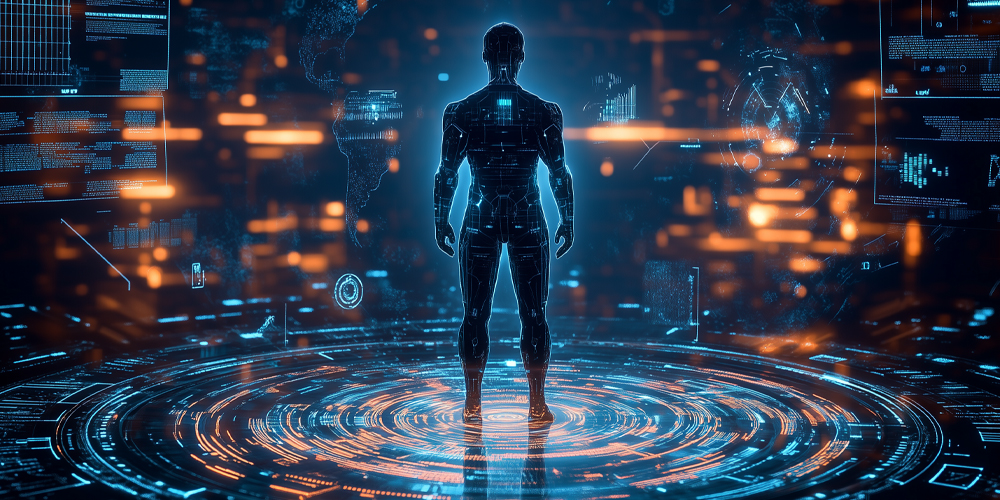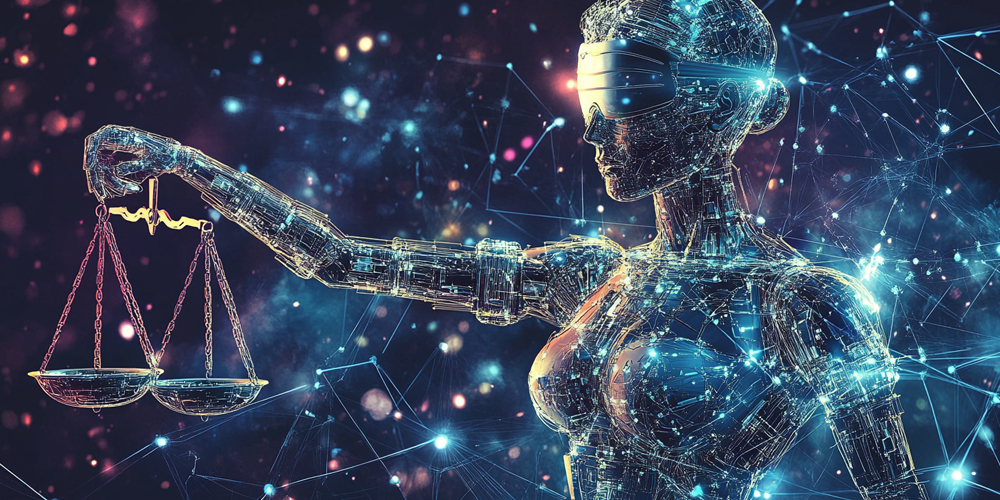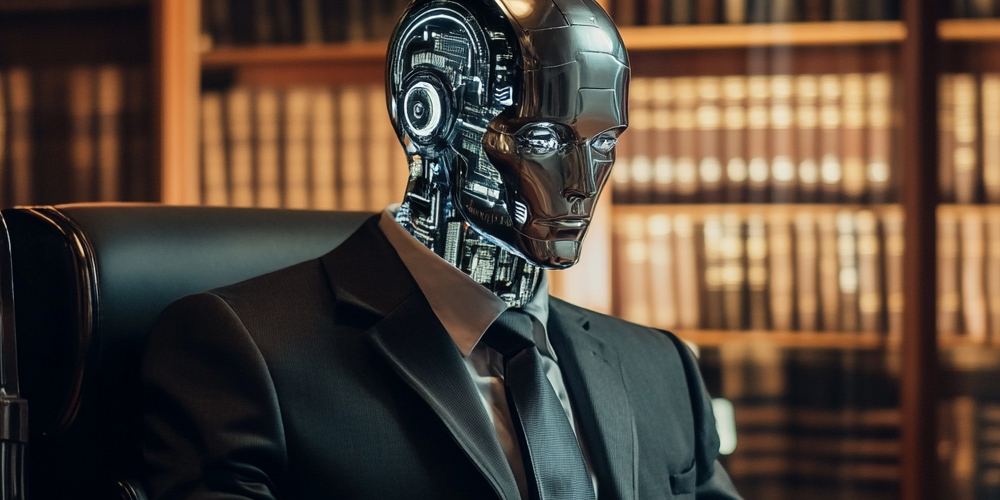The world of cybersecurity is evolving rapidly, and at the forefront of this revolution are AI-driven startups. As cyber threats become increasingly sophisticated, traditional security measures are often inadequate. AI and machine learning are stepping in to fill this gap, providing cutting-edge solutions to combat cybercrime. In this article, we’ll explore how AI startups are shaping the future of cybersecurity and why they are becoming a critical component of the industry.
Why Cybersecurity Needs AI
Cybersecurity has always been a top priority for businesses and governments. With the rise of digital transformation, the frequency and complexity of cyberattacks have skyrocketed. From ransomware to data breaches, the threats are evolving faster than traditional security tools can keep up. This is where AI comes in.
AI can process vast amounts of data in real-time, detect anomalies, and predict potential threats before they occur. Unlike humans, AI can continuously monitor networks without fatigue, analyzing patterns and spotting vulnerabilities at lightning speed. AI-driven cybersecurity systems are not just reactive; they are proactive, anticipating attacks and taking preventive measures to thwart them.
The Role of AI Startups in Cybersecurity
Startups are leading the charge in bringing AI-driven cybersecurity solutions to market. Many established cybersecurity companies rely on traditional security models that are often reactive, focusing on post-breach response. AI startups, on the other hand, are building innovative, real-time defense systems that offer predictive capabilities and rapid response to threats.
These startups are developing machine learning algorithms and advanced data analytics to detect abnormal behaviors, identify malware, and predict future attack strategies. They can also automate threat detection and response, reducing the time it takes to neutralize potential risks. By incorporating AI, these startups are giving businesses the tools they need to stay ahead of hackers.
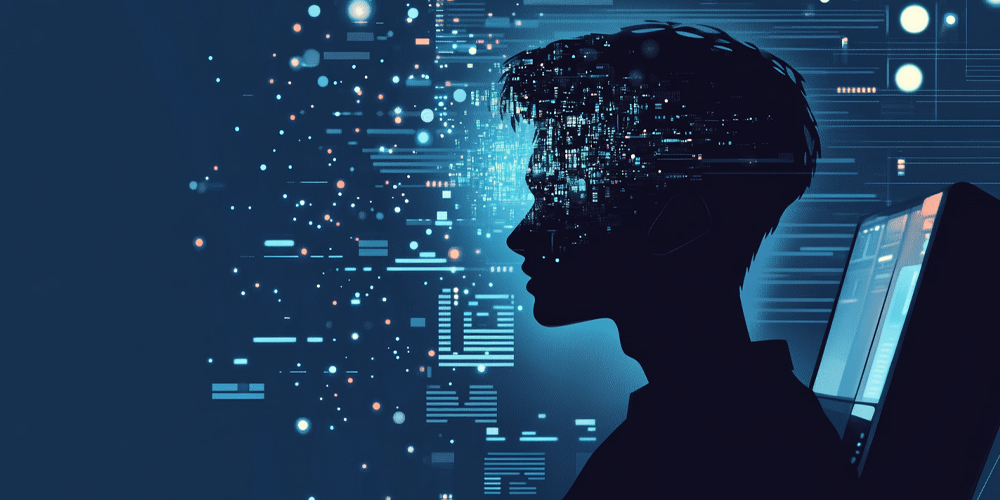
AI Startups Leading the Charge
Several promising AI startups are currently making waves in the cybersecurity space. Some of the most exciting innovations come from companies leveraging AI to offer solutions for real-time threat detection, incident response, and vulnerability management. Let’s look at a few of these trailblazers.
- CrowdStrike: Known for its AI-powered threat intelligence platform, CrowdStrike provides real-time protection and behavioral analytics to prevent data breaches and cyberattacks.
- Darktrace: Using AI to detect and respond to cyber threats, Darktrace’s Enterprise Immune System uses machine learning to model a company’s network and automatically detect unusual activity.
- Vectra AI: Vectra AI leverages machine learning to detect cyberattacks in real-time, focusing on identifying suspicious behaviors in cloud infrastructures, networks, and endpoints.
- Senseon: Combining AI with behavior-based cybersecurity, Senseon automatically analyzes data to detect advanced threats and malicious activity within an organization’s network.
These companies are pushing the boundaries of what’s possible in cybersecurity, using AI to enhance threat detection, reduce response times, and ultimately protect valuable data from cybercriminals.
How AI is Transforming Cybersecurity
AI is revolutionizing cybersecurity by offering real-time, automated solutions that can quickly adapt to evolving threats. Below are some of the key ways AI is transforming the cybersecurity landscape:
1. Predictive Threat Detection
Traditional security systems often rely on known signatures to detect threats. However, AI can analyze patterns across vast datasets, identifying potential threats that may not yet have been recognized. By detecting anomalies in network traffic, user behavior, and system interactions, AI can predict and block attacks before they happen.
2. Automated Incident Response
One of the greatest advantages of AI in cybersecurity is its ability to respond to incidents automatically. When a threat is detected, AI systems can immediately activate countermeasures, such as isolating affected systems, blocking malicious IP addresses, or initiating further analysis. This quick response can drastically reduce the impact of an attack.
3. Behavioral Analysis
AI can be used to create profiles of normal behavior within a network. By continuously learning from past interactions, AI can identify deviations from these patterns that may indicate a potential attack. This behavioral analysis is particularly effective in spotting advanced threats like insider attacks, which traditional systems often miss.
4. Enhanced Endpoint Protection
Endpoints, such as laptops, smartphones, and IoT devices, are often the weakest links in cybersecurity. AI startups are focusing on developing advanced endpoint protection that goes beyond traditional antivirus software. AI-powered solutions can detect malware, phishing attempts, and other malicious activities by analyzing data in real-time and blocking threats before they cause harm.
The Benefits of AI in Cybersecurity
The integration of AI into cybersecurity has brought a range of benefits that make it a game-changer in the fight against cybercrime:
- Faster Threat Detection: AI systems can analyze enormous amounts of data faster than humans, allowing for quicker identification of suspicious activity.
- Proactive Defense: AI doesn’t wait for an attack to happen; it anticipates threats and defends against them proactively.
- Reduced Human Error: AI automates many security tasks, reducing the risk of human error that could lead to security breaches.
- Cost Efficiency: By automating many aspects of cybersecurity, AI reduces the need for large security teams, making it a more affordable solution for businesses of all sizes.
- 24/7 Monitoring: AI systems can continuously monitor networks and endpoints without breaks, providing round-the-clock security without the need for constant human oversight.
By leveraging AI in cybersecurity, businesses can not only protect their data more effectively but also reduce operational costs and improve overall security posture.
Challenges AI Startups Face in Cybersecurity
While AI-driven cybersecurity solutions hold great promise, there are still several challenges that AI startups must navigate to succeed in this competitive field.
1. Data Privacy Concerns
AI systems require large amounts of data to function effectively. However, gathering and processing this data can raise privacy concerns. AI startups must ensure that they adhere to data protection laws and implement robust privacy policies to protect sensitive customer data.
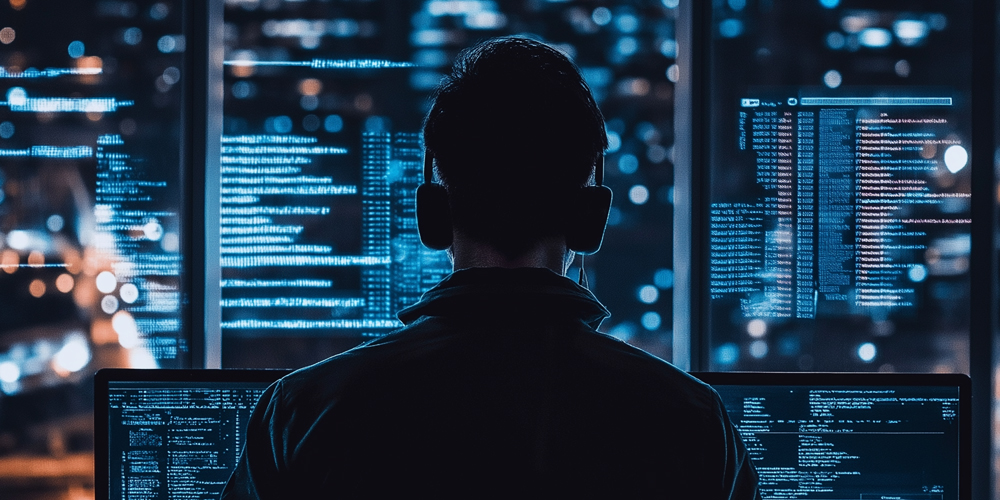
2. Complexity of AI Models
AI models are often complex, and fine-tuning them to deliver accurate and reliable results can be challenging. Startups must invest heavily in research and development to ensure their AI solutions are both effective and efficient in detecting and mitigating threats.
3. Integration with Existing Security Systems
Many businesses already have established cybersecurity infrastructures. AI startups must work to ensure that their solutions can integrate smoothly with existing systems. Overcoming integration challenges is crucial for startups looking to gain traction in the market.
4. Competition from Established Players
The cybersecurity industry is highly competitive, with established companies having significant resources and customer bases. AI startups must differentiate themselves by offering innovative solutions that provide clear value to their clients, whether it’s through faster threat detection, more accurate analysis, or cost savings.
The Future of AI in Cybersecurity
The future of AI in cybersecurity looks incredibly promising. As AI technologies continue to evolve, we can expect more advanced and precise solutions to emerge. AI will likely play an even bigger role in protecting businesses from cyber threats, helping them stay one step ahead of cybercriminals. AI-powered systems will not only become smarter but also more accessible to small and medium-sized businesses, democratizing cybersecurity for all organizations.
As AI startups continue to innovate, they will pave the way for a new era of cybersecurity where threats are predicted, detected, and neutralized in real time, all while reducing the burden on human analysts.
Conclusion
AI startups are leading the charge in transforming cybersecurity. With their innovative solutions and predictive capabilities, they are helping businesses tackle the growing cyber threat landscape. As AI continues to evolve, these startups will play an essential role in safeguarding data, reducing risks, and improving overall security. The next wave of cybersecurity is here, and AI is at its core.
